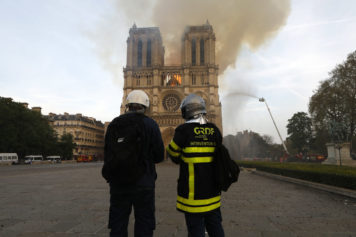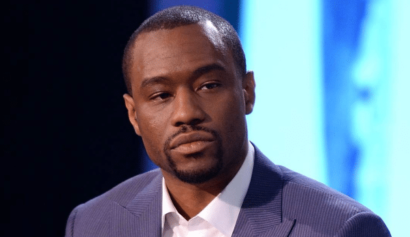Mali’s defenses have deteriorated against the Islamic militants who have already captured a large portion of the country. On Thursday, the Islamists seized control of Konna, a small village that stood as a military barrier for almost a year against the advancing militants. With Thursday’s news, the Mali government has lost control of about half of the country’s land, prompting an international response to the crisis. The U.N. has approved a plan to deploy 3,000 African troops to help the government reclaim its territory.
“We are faced with a blatant aggression that is threatening Mali’s very existence,” French President Francois Hollande said during a speech on Friday.
“I have decided that France will respond, alongside our African partners, to the request from the Malian authorities. We will do it strictly within the framework of the United Nations Security Council resolution. We will be ready to stop the terrorists’ offensive if it continues.”
Though the U.N. has already approved the plan to send troops to Mali, it may take until September or October before they can begin their counterattack against the militants, according to a BBC report. The loss of Konna bodes poorly for the offensive initiative as well, bringing the strength of the Malian army into question.
“They had eight months to prepare their defense,” an anonymous Western military attaché located in Mali’s capital Bamako told The New York Times. “What does this say? That they were not prepared? That they were not ready to cope with such an advance? Some people should be answering for this.”
After the village fell to the Islamists, Mali President Dioncounda Traore appealed directly to Hollande, who is also the president of the U.N. Security Council, pushing for support in the West African state. French is the official language of Mali, which gained its independence from France in 1960.
The group of Islamists announced that the capture of Konna was a part of their ongoing holy war against the state. In April 2012, the same group of militants captured the northern desert region of the country. The complete occupation of the north followed a March coup d’état that sent former President Amadou Toumani Toure into hiding.


